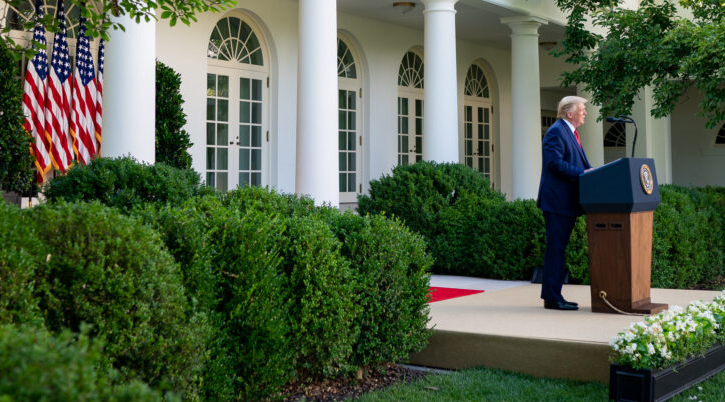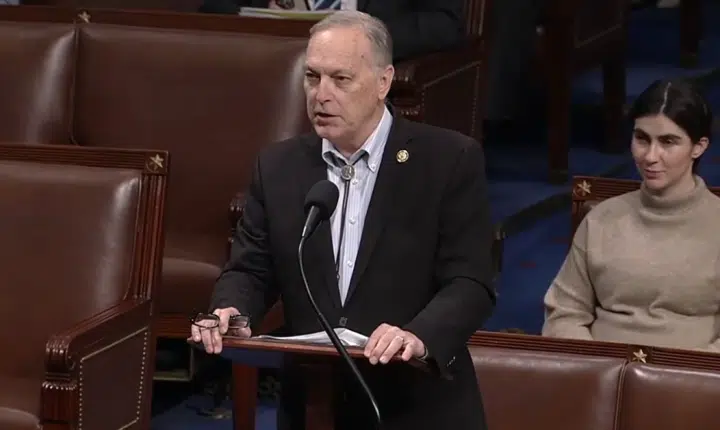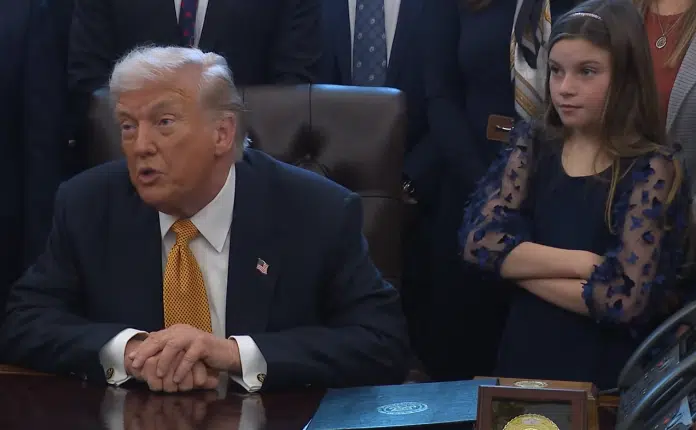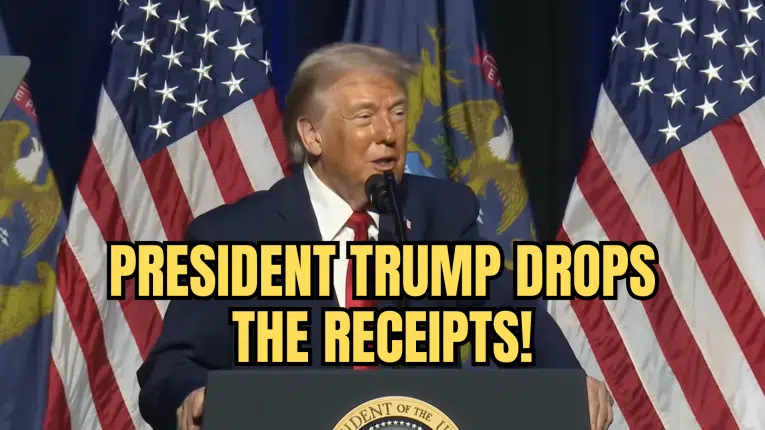Earlier this year James Payne, a 73-year-old retired attorney in Utah, was so fed up with the high cost of a blood thinner medication he takes, he researched prices in Canada, where he found it was cheaper.
“Under Medicare, I am now paying $225 for a three-month supply,” Payne explained. “That’s $25 more than I was paying last year. Under my employer’s insurance I was only paying $20.” Payne says he is not sure why the costs are so much higher and continue to climb under Medicare, but he thinks there must be ways to make life-saving medications more affordable.
To address Payne’s concerns, and those of millions of other Americans like him, President Trump is considering an executive order aimed at reducing Medicare prescription drugs costs by tying them to a socialist pricing model.
“While we all want lower drug prices, socialism is not the solution,” said Rick Manning, President of Americans for Limited Government (ALG). His group is urging the president to reject a proposed executive order that would force drug companies to adopt a pricing scheme dictated by foreign socialist governments.
A more market-oriented solution involves taking on and reforming two of the main drivers of drug costs: the non-transparent pharmaceutical drug middlemen known as Pharmacy Benefit Managers (PBMs), and the Food and Drug Administration’s (FDA) byzantine approval process.
Most Americans are unaware of how these PBMs operate and just how much money they take from the pockets of American consumers. PBMs have perfected the art of negotiating drug costs between insurance and pharmacies at the consumer’s expense. The lack of any transparency for the deals PBMs make and the rebates they receive from drug manufacturers means America’s patients often do not realize that they are getting ripped off at the pharmacy counter. Meanwhile, in the last few years, the largest PBM companies have generated higher revenues than even the largest pharmaceutical companies.
In 2017, for example “the top PBMs had revenues that exceeded those of the top pharmaceutical manufacturers,” with Express Scripts, one of the biggest PBMs, reporting revenue of $100 billion while Pfizer had revenues of $52 billion, a recent white paper found.
To his credit, Trump recently issued an executive order providing the massive PBMs to give the rebates they extract from their huge clout in the market directly to the consumers they’re supposed to be working for.
The order “prohibit[s] secret deals between drug manufacturers and pharmacy benefit manager middlemen, ensuring patients directly benefit from available discounts at the pharmacy counter,” as the White House explained in its announcement.
“That’s a good start,” added Manning. “Next, we’d like to see the president take action to reform the FDA’s approval process to help lower drug prices.”
High drug prices are a symptom of a deeper problem related to the high cost of bringing medicines to market ($2.6 billion according to the latest Tufts University study). President Trump should apply the same streamlined standards that the FDA enacted in 1987 for medicines to treat AIDS to all medicines under FDA review. AIDS has gone from a death sentence to something patients can live with, and the expedited approval standards have encouraged research and development of these life-saving treatments.
In 2017, the FDA gave fast-track approval to treatments for Alzheimer’s disease. The FDA approved a record high of 43 drugs through fast-track programs in 2018, representing 73 percent of new drugs approved by the agency last year and establishing a “new normal” that “is transforming medical decision-making for the seriously ill.”
According to the Wall Street Journal, FDA in recent years has been approving increasing shares of drugs via fast-tracked programs. FDA granted fast-tracked approval to at least 60 percent of new drugs the agency approved in each of the past five years, the Journal reports. In comparison, FDA 10 years ago approved just 10 drugs through a fast-tracked process, representing 38 percent of new drugs the agency approved that year, according to the Journal.
President Trump is on the right track to lowering the cost of Medicare prescription drugs. But his proposed executive order to socialize them is misguided. Americans for Limited Government has been one of this president’s most stalwart supporters and allies, but we cannot stand idly by and let our friend make a mistake that could lead America on a path toward socialized medicine.
Catherine Mortensen is the Vice President of Communications at Americans for Limited Government.







